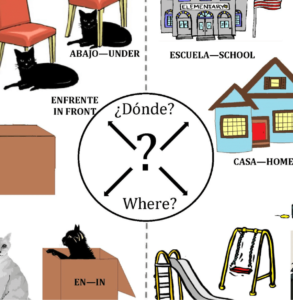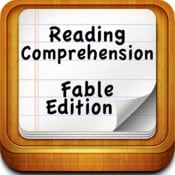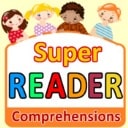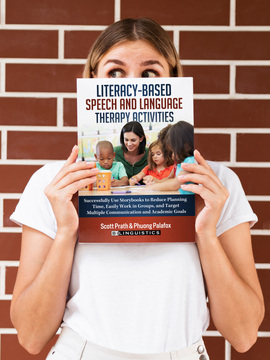‘Wh’ Questions and Speech Therapy
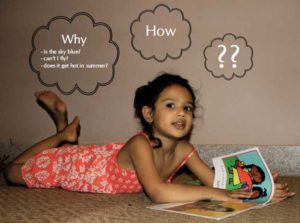
“Why is the sky blue?” “Why can’t I fly?” “Why does it get hot in the summer?” Short of launching into a complex science lesson, parents may find it difficult to answer the numerous ‘why’ questions children ask at around 3-4 years of age. Much to some parents’ dismay, children at this age are expected to ask questions in addition to answering much simpler ‘Wh’ questions. It isn’t only their child! (insert a sigh of relief here!) Although these questions may catch new parents off guard, ironically speech-language pathologists may (dare I say) welcome these questions because we know children are on track with their language skills. We often work with children who have difficulty answering and asking ‘Wh’ questions and it is gives us comfort to know that these children’s language skills are typically developing.
Below is a research snapshot about the difficulties some children with language disorders have asking and answering ‘Wh’ questions.

“In comparison with normal children within the same chronological age range, the language-disordered children were not only less successful in producing answers which adhered to the informational category constraints of the particular wh-form but also provided fewer responses characterized by fact, logic, and credibility” (Parnell, et al., 1986).
“Deficits in the ability to ask and answer questions have a serious impact on students’ development of communication, classroom performance, and on the development of reading comprehension” (Sweig Wilson, 2011).
Check out our resources below to help your students with ‘Wh’ questions!
GENERAL WEBSITES FOR ‘WH’ QUESTIONS:
‘When’ Question Book Activity
An SLP provides an example of a lesson plan she created for the book, WHEN?
Wh- Visuals to provide extra support while asking questions
Use these visuals as you ask Wh- questions to provide extra support
Activities to practice basic WH- questions
Speaking of Speech is a website containing numerous SLP created materials.
STELLAR STORIES TO TARGET WH QUESTIONS:
Listen to your favorite celebrities read stories to you! Videos include pictures and words. Pause the story to ask WH- questions.
WH- questions for a variety of stories
This website provides specific questions to ask while reading specific books. Some books also include additional activities and/or a video recording of the book.
APPS TO TARGET ‘WH’ QUESTIONS:
With multiple levels, 50 stories, and the ability to create personal stories, this app is a versatile way to target ‘Wh’ questions.
Discussion Questions are provided at the end of the story.
 Reading Comprehension: Fable Edition $0.99
Reading Comprehension: Fable Edition $0.99
10 stories based on Aesop’s Fables with 10 multiple choice questions at the end of each story. This app was developed to target a 2nd-4th grade reading level.
 Reading Comprehension Grades 1&2 Super Reader $1.99
Reading Comprehension Grades 1&2 Super Reader $1.99
24 Engaging Short Stories with text, pictures, and comprehension questions provided.
 Wh- Question Cards Who, What, When, Where, Why FREE
Wh- Question Cards Who, What, When, Where, Why FREE
Help children learn how to correctly ask and answer WHO-WHAT-WHEN-WHERE-WHY questions with four entertaining learning games for each WH card set.
 Wh- Questions Island $9.99
Wh- Questions Island $9.99
Practice answering 480 Wh- questions while playing this game developed by a speech-language pathologist.
References:
- Parnell, M.M., Amerman, J.D., & Harting, R.D., (1986). Responses of Language-Disordered Children to Wh-Questions. Language, Speech, and Hearing Services in Schools. (17) 95-106
- Sweig Wilson, M. (2011). Asking and Answering Questions; Theory and Research Based Intervention. Question Quest: Laureate Special Needs Software, Winooski: Laureate Learning Systems.


